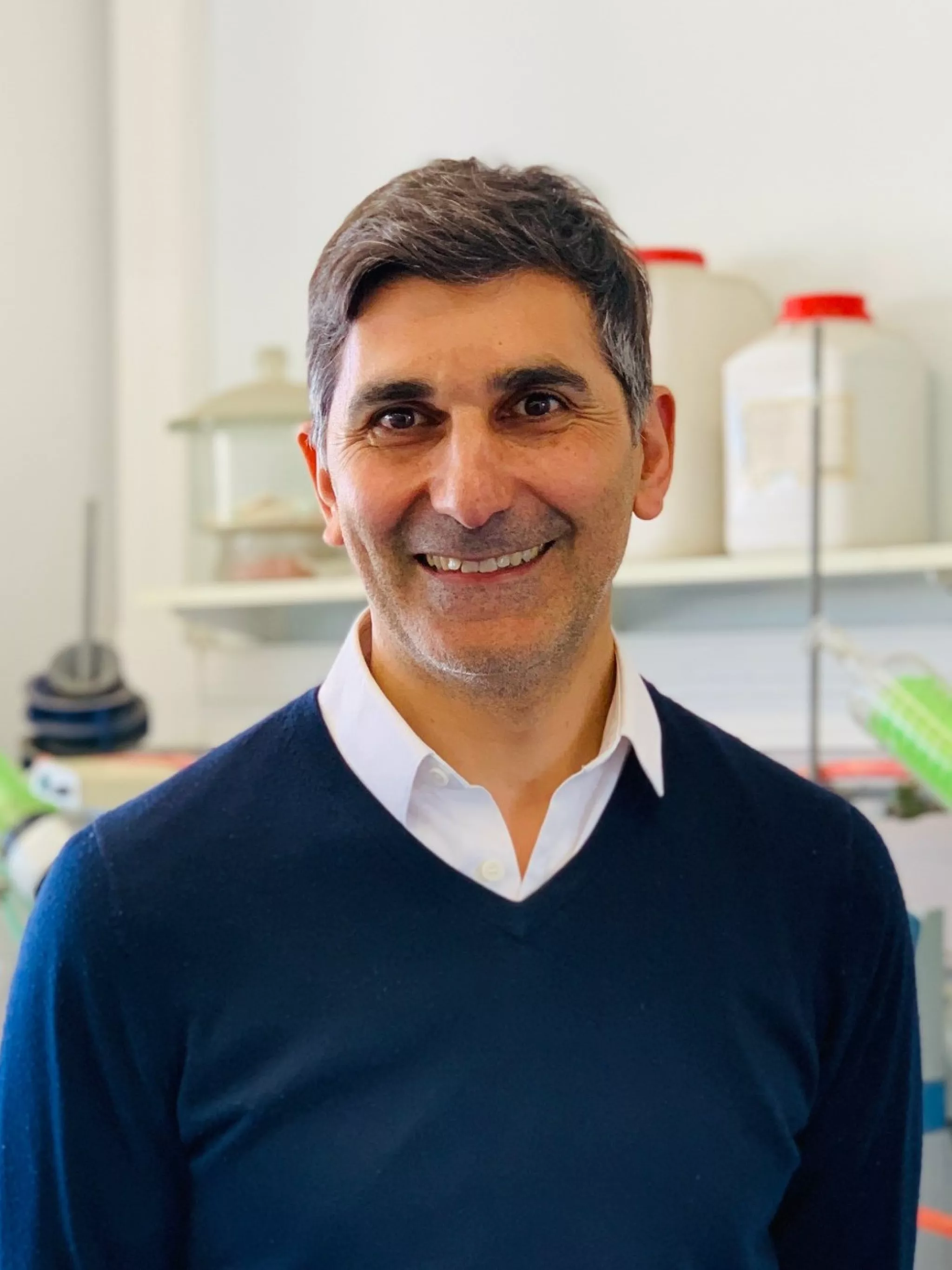Didier Gigmes: laureate of the 2022 CNRS silver medal
Each year the CNRS awards medals to researchers and agents who have contributed significantly to the dynamism and reputation of this institution. The silver medal is awarded each year to about 20 researchers for "the originality, quality and importance of their work, recognized nationally and internationally.
Didier Gigmes, CNRS researcher at the Institut de Chimie Radicalaire (université Aix-Marseille/CNRS) shares with us information about getting his 2022 silver medal.

Hello Didier, could you tell us more about obtaining this medal: how did the process occur?
The Silver Medal is awarded by the members of the CNRS direction committee on the proposition of the institutes of the organization.
I would like to point out that in research we often work as a team and that this personal distinction rewards the fruit of a collective work.
You are CNRS research director and director of the Institute of Radical Chemistry, what projects are you currently working on?
I was recruited as a CNRS researcher in 2001 to develop methodologies for the synthesis of specialty polymers. These methods allow us to precisely control the composition, architecture, and functionality of the polymer chains.
With my group we have develop various strategies techniques based on radical chemistry and nitroxide-controlled radical polymerization to prepare materials that are difficult to prepare compared to other methods. These materials are then be used for different applications, such as health (i.e. hydrogel used in central nervous system repair), or batteries (i.e. polymers used as solid electrolyte). Our objective is to combine within the same material several properties thanks to this control of composition, architecture and functionality.
Last question, what are your future projects?
The objective of our team is currently to try to develop solid electrolytes allowing to decrease the operating temperature of all-solid state batteries. Many approaches to achieve this goal are under study. Typically, we are looking to develop materials that have high ionic conductivity and at the same time appropriate mechanical properties to meet the demanding specifications of all-solid state batteries. This combination would allow us to have batteries that are as efficient as possible and that are also safer.